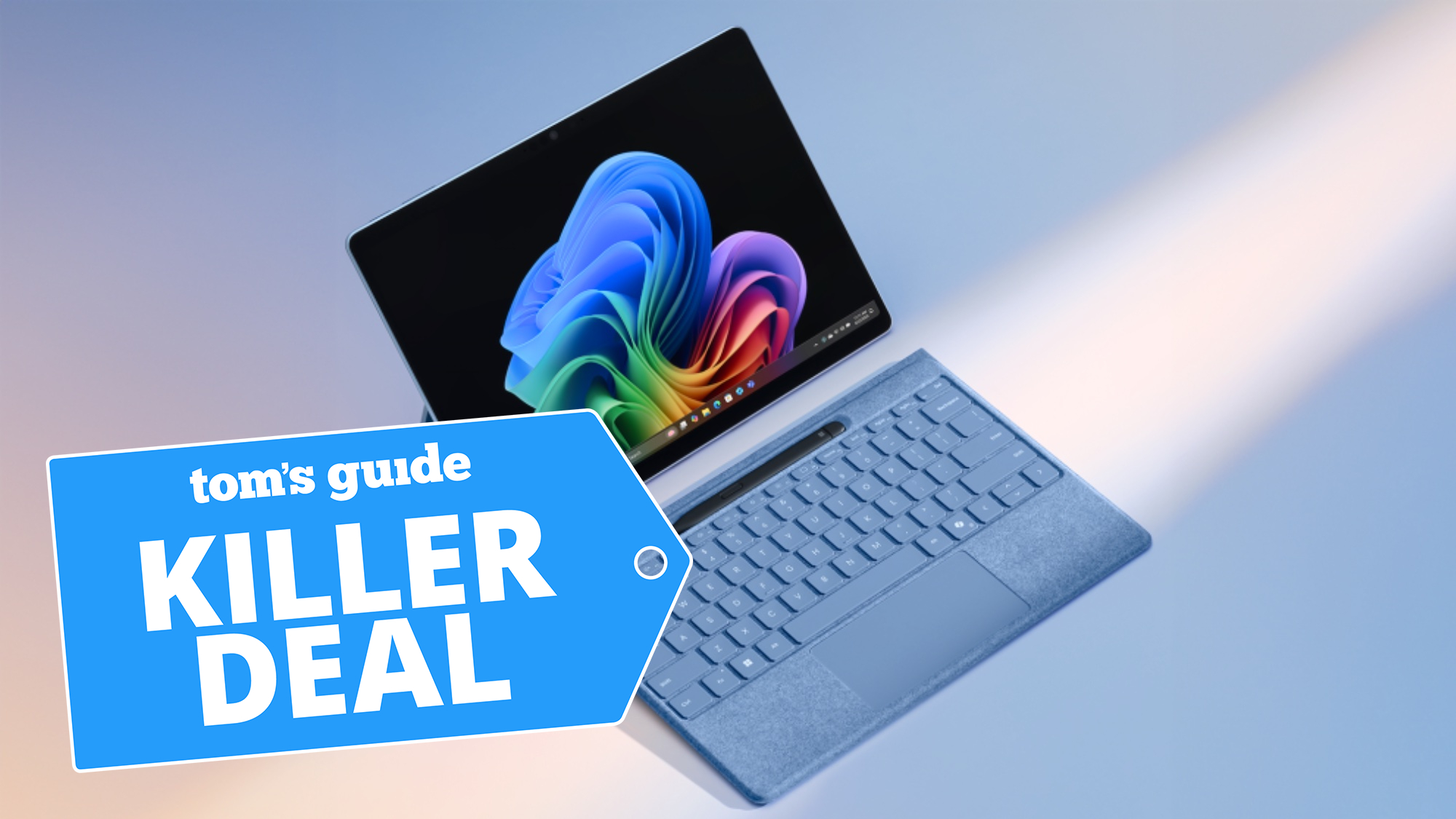Can You Use A Personal Checking Account For Your Business?

Let’s say you’ve just started your business and things are moving fast. Between getting clients, handling orders, and managing finances, you might wonder, “Do I really need a separate business bank account, or can I just use my personal one?” The idea of keeping everything simple and in one place is tempting. But while you can use a personal checking account for business, it might not be the best move for you in the long run.
Let’s dive into why you might want to reconsider only having one account and what the real differences are between personal and business checking accounts.
1
Rippling Spend
Employees per Company Size
Micro (0-49), Small (50-249), Medium (250-999), Large (1,000-4,999), Enterprise (5,000+)
Any Company Size
Any Company Size
Features
Automated Accounting, Bill Pay, Cash Back Rewards, and more
Personal checking accounts vs. business checking accounts
So what’s the big difference between a personal checking account and a business one? At first glance, both seem to do the same job: you can deposit money, make withdrawals, and pay bills. But when you really think about it, there are some key differences that can affect how you manage your business on a financial and tax level.
Personal checking accounts
A personal checking account is designed for your individual, everyday use. It’s perfect for handling day-to-day personal expenses—things like paying rent, buying groceries, or that spontaneous online shopping spree. These accounts are usually free or have very low fees, and they often come with limited features because most people don’t need anything too fancy for their personal finances.
Business checking accounts
On the flip side, a business checking account is made specifically for companies, whether you’re a sole proprietor, LLC, or corporation. These accounts usually come with features tailored for businesses, like:
- The ability to have multiple signers (think business partners or employees)
- Higher transaction limits
- Merchant services (for accepting payments from customers)
- Integrations with accounting software (like QuickBooks)
There’s also a matter of legitimacy. If you have a business bank account, it shows your customers, vendors, and even the IRS that you’re running a serious operation. Mixing personal and business finances can cause confusion and potentially get you into hot water, especially come tax season.
Drawbacks of using a personal bank account for business
You might be thinking, “Well, it doesn’t sound that bad to just use my personal checking account for business.” But let’s talk about why this might not be the best idea in the long run.
1. Jumbled finances
When you mix personal and business transactions in the same account, you create a bookkeeping nightmare. Sorting out what’s a business expense versus what’s personal takes time and increases the risk of missing something important. If you’re audited or need to provide financials, you’ll wish you’d kept everything separate.
2. Legal risks (especially for LLCs and corporations)
If your business is an LLC or corporation, you likely set it up that way to limit personal liability. But if you mix your personal and business finances, it could lead to something called “piercing the corporate veil.” This legal term means that a court might decide that you’re not really treating your business as a separate entity, and you could become personally liable for your business’s debts and legal issues. Yikes!
3. Complicated taxes
When tax season rolls around, having everything mixed together means extra work. You’ll need to manually go through your personal account, line by line, to figure out which transactions are deductible business expenses. This can lead to mistakes, missed deductions, and more stress than you need.
4. Lack of professionalism
Imagine writing a check to a vendor or receiving a payment from a customer, and it’s all coming from or going to your personal account. It can give off the vibe that your business is more of a side hobby, which might not instill confidence in clients or partners.
Who needs a business bank account?
Honestly, everyone who runs a business should have a separate business bank account, no matter the size of their operation. But here are some cases where it’s especially important:
- LLCs or corporations: As mentioned earlier, these types of businesses need separate accounts to maintain their limited liability protection.
- Freelancers and sole proprietors: Even if you’re not legally required to separate your accounts, it’s still smart. Having a business account simplifies taxes and makes you look more professional.
- Nonprofits: Donations, grants, and other forms of income need to be handled efficiently and having a business account available can help a nonprofit manage its resources effectively.
- Businesses with employees: If you have employees, you’ll likely need to write checks or set up direct deposits. A business checking account makes payroll management much easier.
Benefits of a Business Bank Account
So, why go through the hassle of setting up a business bank account? Here are the main perks:
Easier record-keeping
When all your business transactions flow through a separate account, bookkeeping becomes so much easier. You can track income, expenses, and profit without sifting through personal purchases.
Better tax preparation
Having a dedicated account for your business means all your income and expenses are in one place, making tax prep a breeze. Plus, you’re more likely to capture all your deductions and avoid costly mistakes.
More professional image
Customers, vendors, and partners will take you more seriously if you pay them from a business account instead of your personal one. It shows you’re serious about your venture.
Increased access to business tools
Many business bank accounts offer extra tools and features like accounting software integration, higher transaction limits, and merchant services, which can save you time and help grow your business.
Building business credit
A business checking account is often the first step toward building business credit. This can come in handy if you ever need a loan or a line of credit to expand your operations.
Considerations when choosing a business bank account
Now that you’re sold on the idea of getting a business bank account, how do you pick the right one? Here are a few things I suggest you think about:
1. Fees
Business accounts often come with fees, like monthly maintenance fees or transaction fees. Look for an account that offers fee waivers, like keeping a minimum balance.
2. Transaction limits
If you’re processing lots of payments or making frequent deposits, look for a bank that offers higher transaction limits.
3. Location & accessibility
Do you need a local branch for deposits, or are you comfortable doing everything online? Some banks specialize in small businesses and have great mobile banking features.
4. Features
Consider all the potential perks, like the ability to accept credit card payments, allowing multiple signers on the account, or even seamless integration with accounting software. For example, if QuickBooks integration is key for your business, consider reading through our list of the best banks for QuickBooks integration.
While it may seem easier to stick with your personal checking account, the benefits of opening a business bank account far outweigh the convenience of not doing so. It’ll save you time, stress, and potential legal issues in the long run.
Want to make sure you have all the information needed to get started? Check out our easy to follow guide on the steps to follow to open your business bank account.
Frequently Asked Questions
Can you use a personal checking account for business?
Yes, you can technically use a personal checking account for business, but it’s not recommended. It can lead to jumbled finances, complicated taxes, and legal risks if you’re operating as an LLC or corporation.
What happens when you use a personal account for business?
Using a personal account for business can create bookkeeping headaches and complicate taxes. It also exposes you to legal risks, especially if your business is structured as an LLC or corporation, as you might lose personal liability protection.
Can you use a personal account as a business account?
While you can use a personal account, it’s not a good idea. Business accounts offer extra features designed for companies, like higher transaction limits and accounting tools, and they help keep your finances clean.
Can you put a business name on a personal checking account?
No, most banks won’t allow you to put a business name on a personal checking account. If you want your account in your business’s name, you’ll need to open a business checking account for the business.
This article was reviewed by our banking expert Tricia Jones.
Source link









